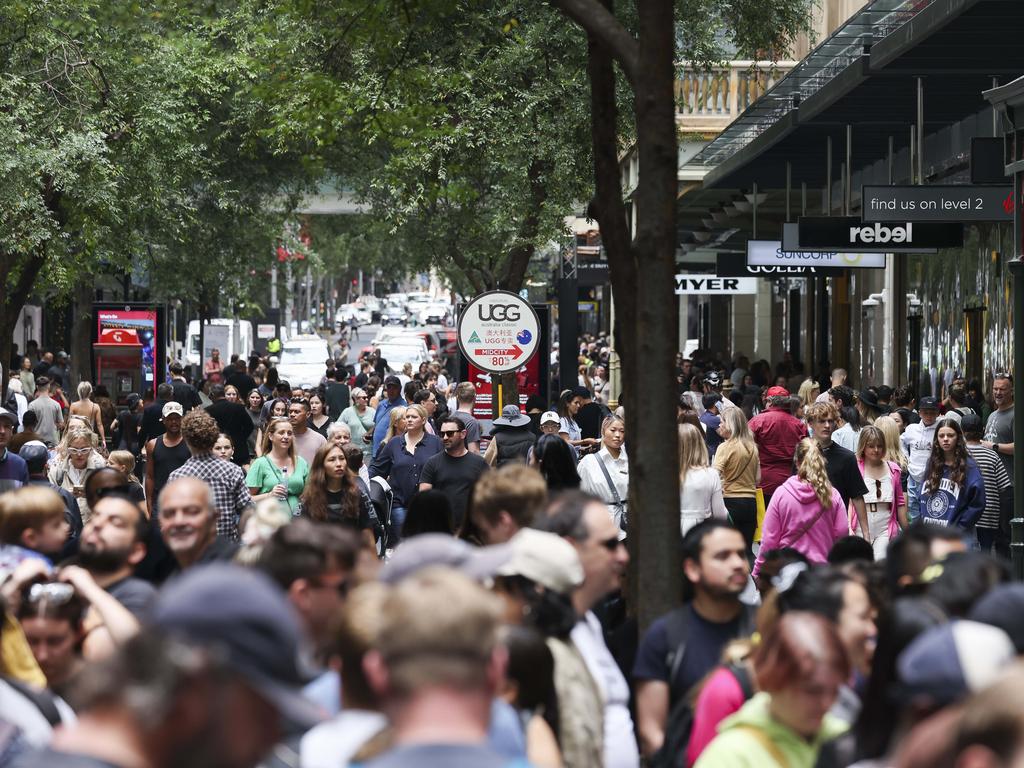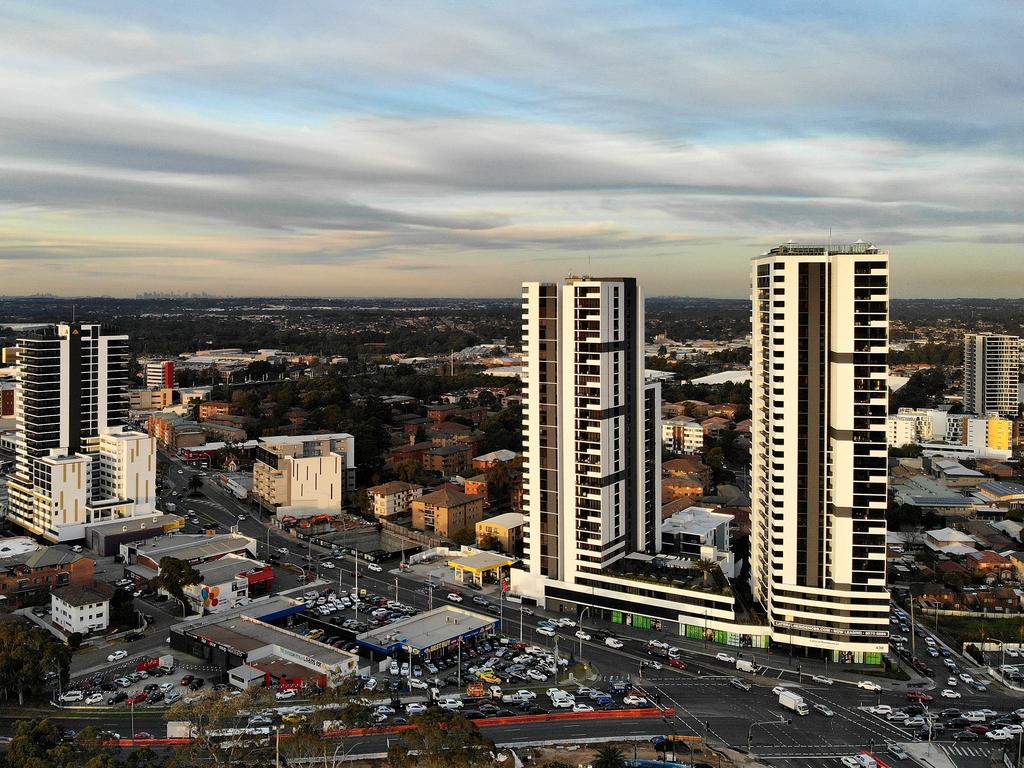Institute of Public Affairs poll reveals Aussies are ‘turning against’ government’s ‘out of control’ migration policy
A new poll has shown Australia is “turning against” one of the nation’s key principles, after recent research showed the average Aussie was $7,848 worse off in 2023.
A new poll has shown an alarming amount of Australians are against mass migration, after recent research showed the average Aussie was $7,848 worse off in 2023.
The survey, conducted by the Institute of Public Affairs, revealed that a staggering 71 per cent of respondents believe that the current migration intake is exacerbating the housing affordability crisis for young Australians. In contrast, only 12 per cent disagreed, while 17 per cent remained unsure.
The research sheds light on the growing concerns among Australians as the Albanese government steams ahead with increasing the nation’s migration intake.
While Australia has built a global reputation as a multicultural hub, many now believe we should limit the amount of foreign investment, particularly from cashed-up migrants driving young people out of certain real estate markets.
Sixty-two per cent of respondents in the poll expressed reservations about the federal government’s proposal to allow 1.5 million more migrants over the next five years, with only 5 per cent considering it insufficient and 33 per cent deeming it appropriate.
Sixty per cent of respondents advocated for a temporary halt to immigration until essential social infrastructure, such as schools, roads, hospitals, and housing, catches up with the surging population.
Deputy Executive Director Daniel Wild said there was clearly a need for a comprehensive debate on Australia’s migration policies, pointing to a number of economic repercussions.
The the Australian Bureau of Statistics estimates latest up to 46 million people could call Australia home by 2071. The ABS also suggests that without immigration, Australia’s population would shrink in size due to low birth rates

Mr Wild noted the population component of total economic growth has skyrocketed from one-third in the 1990s to a record 85 per cent in 2023. The per capita cost to Australians, as a result, amounted to $7,848 in 2023 alone, totalling $80,038 since 2000.
“Australians are turning against the federal government’s out-of-control mass-migration approach, which is crippling the day-to-day lived experience of the average Australian, making it harder to secure housing, and sending their incomes backwards,” Mr Wild said in a statement provided to news.com.au.
“Australia is the world’s most welcoming and tolerant nation, and migration will aways be critical, but it must be planned for and undertaken in a manner that is consistent with our nation’s values.
“The continued reliance on population rather than productivity growth to drive economic growth may have grown the overall economic pie, but it has left the typical Australia with an ever-smaller slice.
“Australia’s living standards are going backwards faster than any comparable nation due in large part to never-ending population growth, underpinned by unplanned mass-migration.”
While recognising the importance of migration to Australia’s social and economic fabric, Wild stressed the need for more concrete planning to facilitate the ongoing rise in population.
He criticised the continued reliance on population growth over productivity as a driver of economic expansion, claiming the detrimental impact on living standards for working-class Aussies was unacceptable.
With a forecasted shortage of 252,000 homes over the next five years and existing strains on social and economic infrastructure, the problem appears to have only just begun.
“Australia cannot rely on the same old lazy approach of unplanned mass-migration to fix worker shortages and drive economic growth,” he said.

“Migration has, and will, continue to play a vital role in Australia’s economic and social life, but any intake must be properly planned to ensure all Australians, including new arrivals, will benefit from real growth drive through productivity reform,” said Mr Wild.
It comes as new research by Australian Seniors has revealed that that close to 3 in 5 (59%) couples over fifty believe their relationship has been negatively impacted by the rising cost of living, with limited disposable income (65 per cent), financial strain and stress (57 per cent), limited resources for leisure activities (52 per cent) and difficulty saving for the future (52 per cent) causing tension.
Even Australians whose earnings are over the six-figure mark are reporting financial strain as mortgage repayments, supermarket prices and basic utilities skyrocket.
The Albanese government has been smashed with criticism as regular Aussies prepare for a lean Christmas. Critics have blamed everything from an influx of over 620,000 post-Covid migrants to the collapse of several construction firms for the imbalance in housing availability.

Rental prices are tipped to continue to increase across Australia throughout next year, according to a panel of economic experts.
The steepest increase is forecast for Perth, where rents are expected to climb by an average of 9.5 per cent, according to comparison website Finder.
It means the average minimum household income required to afford renting a house in Perth will be just over $108,000 or almost $95,000 for a unit.
Hobart is tipped to experience the smallest increase, with an average rise of three per cent.
It means the average minimum household income needed to rent a house will be $98,000 or $84,000 for a unit.
People with a $600,000 mortgage are now paying about $1349 more per month than they were before the RBA started lifting the cash rate in May last year. For most people, scrambling to find that extra $16,000 per year is impossible.
It comes after annual data from St Vincent de Paul Society revealed a 40 per cent rise in calls for assistance or support all over the country in the past year.




